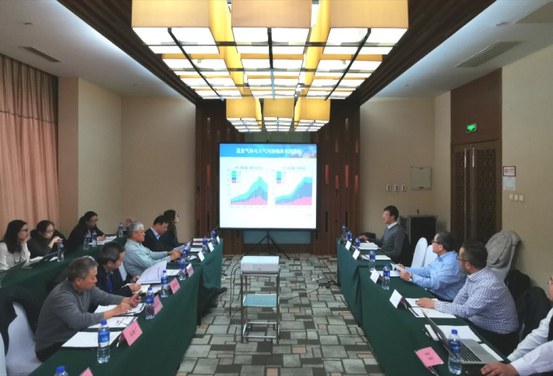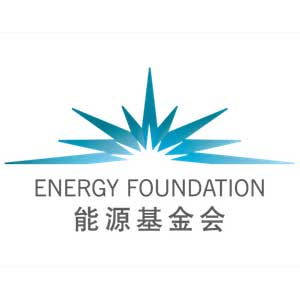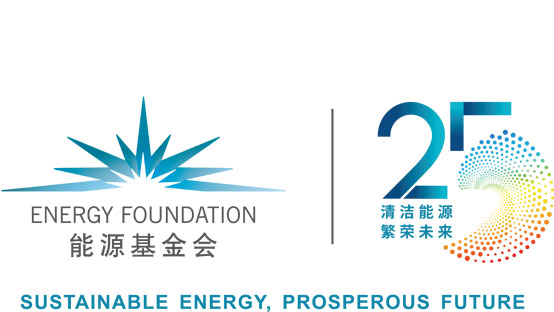Workshop Proposed 2030 and 2050 Air Quality Goals and Pathways for China
In January 2020, a 2050 clean air project led by Professor Zhang Qiang from Tsinghua University and supported by Energy Foundation China convened its final expert workshop in Beijing. This project aimed to propose medium- and long-term air quality goals for China and explore the strategy and pathway for the co-control of air quality and climate change issues.

The project close-out workshop
The researchers called for China to set two-phase goals for clean air: for phase one, most of the cities in China shall meet the current national PM2.5 annual standard of 35μg/m3 by 2030; for phase two, most of the cities shall meet the WHO target of 15μg/m3 by 2050, while some meet the more stricter WHO “guideline” standard of 10μg/m3. By quantifying and comparing the effectiveness of different control measures and policies, and analyzing the environmental, climate, and health benefits of different scenarios, researchers found that the two-phase air goals cannot be achieved with current practice. To beat the phase one target, China needs to overachieve its Nationally Determined Contributions target. To achieve the phase one and two targets, both end-of-pipe measures and energy transition have to be accelerated. Only in this way, China can mitigate the increasingly bigger health challenges brought by its aging population and help achieve the 2℃, or even 1.5℃ global climate target, said researchers.
Among the attendees of the workshop were Zou Ji, CEO and President of Energy Foundation China; He Kebin, Dean and Professor of the School of Environment at Tsinghua and an academician of the Chinese Academy of Engineering; Xu Huaqing, Director of the National Center for Climate Change Strategy and International Cooperation; Jiang Kejun, Researcher of the Energy Research Institute of the National Development and Reform Commission; as well as experts from Peking University, Beijing Normal University, and Nankai University.

Zou Ji, CEO and President of Energy Foundation China
Prof. Zou believed that China had reached a crossroads in co-controlling its air and carbon emissions. This research could help address the challenges of structural changes and inform policymaking, he said.

Some of the attendees
Prof. He noted that the public’s yearning for a healthy and better life was a key driver for the co-control. And this strategy, as well as innovation and market competition, would help advance China’s energy transition.
Experts agreed that designing a viable technical roadmap was the key to realizing optimal co-control of air and carbon emissions. The roadmap shall be focused on source control, in an effort to help China achieve maximized environmental, climate, and health co-benefits through restructuring its energy, industrial, transportation, and land-use sectors, they said.
Energy Foundation China will continue to work with grantees to provide effective technical support that can inform the design of medium- and long-term air quality goals for China and the development of co-control strategies. (Photo by Yixiu Jiang)



